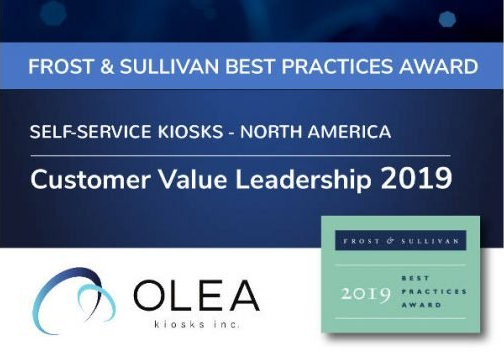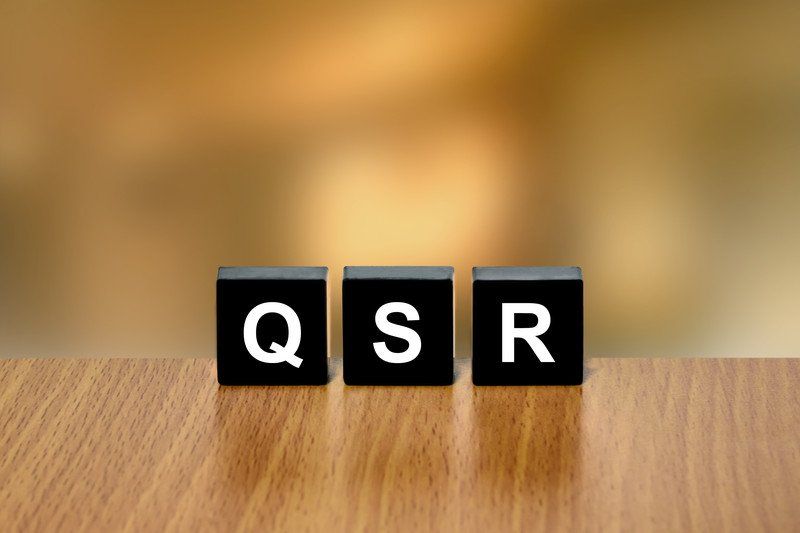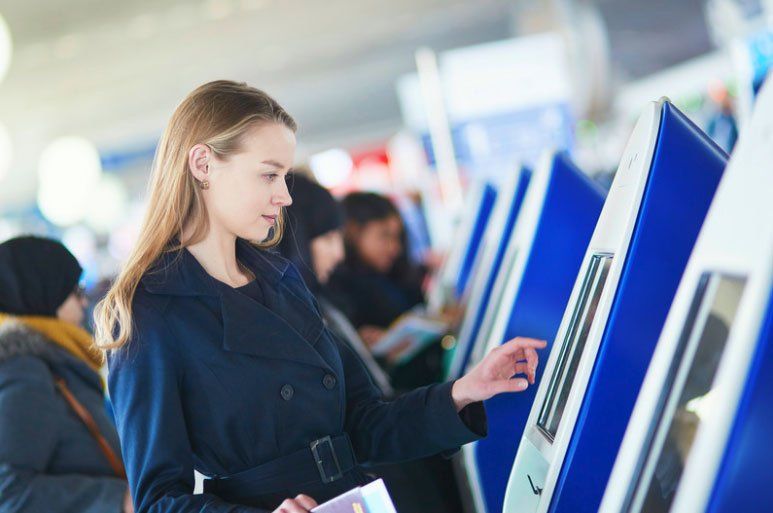News
Payment Kiosk News
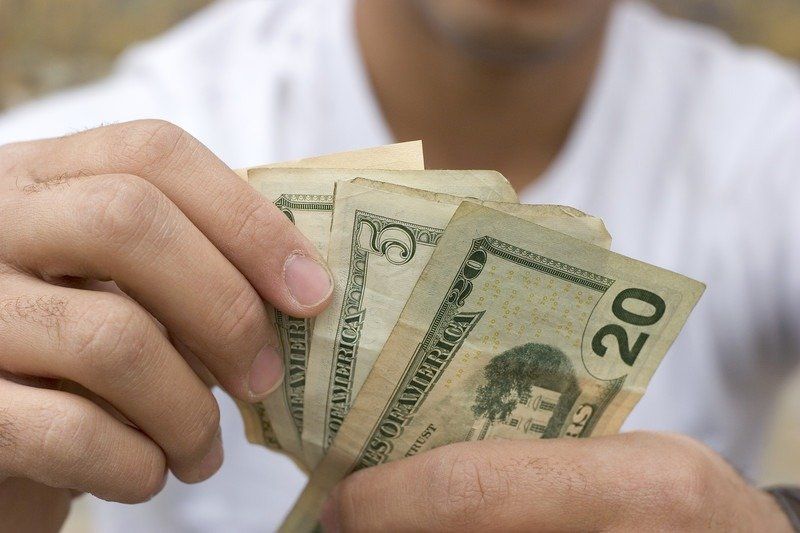
Although it remains to be seen if the use of cash as a form of payment will eventually disappear, don’t expect it to happen any time soon. Consumers used cash in 26 percent of transactions last year, according to the Federal Reserve’s 2019 Diary of Consumer Payment Choice. Although that’s down from 30 percent in 2017, it’s a far cry from total elimination. Another few tidbits from the Fed report: Participants in the study used cash for 35 percent of in-person payments, and cash represented 49 percent of payments under $10. Of all the cash payments reported, the study found, 80 percent were for payments below $25. Underbanked, non-banked and the kiosk industry Well, let’s start with those figures on cash payments. Some of the strongest growth the kiosk industry is seeing these days is in the self-order arena, specifically in fast-food restaurants. Those transactions are typically $20 or less, right in the sweet spot for cash usage. Billpay kiosks are growing in popularity as well, targeting underbanked consumers or those who don’t have the ability to pay bills online. Some of the deployed applications include water bill payment, electricity bill pay, gas bill pay and light bill pay. 30% (and rising) of the US population is lower class living in apartments, renting housing. 25% of the US population is unbanked or underbanked according to a 2017 survey by the Federal Deposit Insurance Corp and that number is considered low. Again, the type of people who are likely to favor cash. So if credit cards are the only payment option, a company that relies on self-service kiosks may be missing out on substantial revenue opportunities. Still, accepting cash does present obstacles deployers need to overcome. And with the use of alternative forms of payment on the rise, deployers need to plan for those as well. Utility Bill Payment Example Eliminating the hurdles Although it’s certainly much simpler to only accept cards as payment, a successful kiosk project is likely to involve the ability to accept cash as a form of payment. “As a business decision, I don’t believe that excluding paying customers is an effective way to win business,” said Thomas Smith, CEO of Providence, R.I-based Self-Service Networks. “If a customer wants to purchase your products and services, there should be no barriers created that would prevent them from making that purchase.” In fact, the ability to accept cash may be critical to a project’s success. Chicago’s Department of Finance, for example, began rolling out self-serve kiosks in 2007, allowing citizens to pay for everything from parking tickets to utility bills. The kiosks accept a variety of payment methods, but 47 percent of those payments are made in cash. “Since the beginning, cash has always been most popular at the kiosks,” Tina Consola, first deputy director of the department, told the trade news website PYMNTS.com. “It’s important to serve customers who primarily pay in cash, because they may not have access to a checking account or credit card.” Aside from the obvious security concerns, one of the main issues when it comes to accepting cash is the quality of the cash itself. Most of us can recall at some point in their lives trying to purchase a soft drink or candy bar from a vending machine, only to see their dollar bill rejected time and time again. “Unless the operator is using a high quality bill acceptor from MEI or JCM, lower quality notes may not be accepted at a high rate, thus reducing revenue generated by the unit,” said Dylan Waddle, chief operating officer with Norman, Okla.-based M3t Financial Services, a provider of cash management software solutions. In addition, the issue of dispensing change presents another challenge (and expense). “It is always easier to round off transaction amounts to the nearest dollar to lessen the burden of dealing with coin,” Waddle said. “Over the past 10 years, M3t has been testing new and innovative ways to deal with coin and even the most sophisticated methods still have issues with coins jamming in transition to the customer,” he said. “Coins also drive a much larger footprint for the kiosk unit itself, so if they can be avoided, it is much preferred.” Cash Collection Other concerns are the expense and time involved in pulling cash from a kiosk and taking it to the bank. At the very least, those tasks can take an hour or more per day, while for busy locations it can mean hiring an armored car service to handle the cash. Whatever the challenge, though, the use of cash isn’t going away. If the kiosk itself doesn’t accept cash, merchants may be forced to provide an alternative payment channel for those who prefer to conduct business with currency. “Legislative pressures forcing brick and mortar retailers to accept cash is definitely a growing trend,” Smith said. “In fact, our beloved Rhode Island is one of the first states (if the only) to pass a law to require cash acceptance at brick and mortar retailers.” And legislation affects insurance for cash services. In Colorado and other states which have legalized marijuana one of the biggest problems is hiring insured cash collection services. There are workarounds but this has put a damper on the cannabis kiosk since most of the transactions are cash. Bitcoin Kiosks – Hidden opportunities? Although accepting cash can certainly complicate a kiosk project, doing so can reap some unexpected benefits. Along with the potential for increased sales, kiosks can simplify the cash management process. “Cash accepting systems can reduce cash shrinkage because employees rarely touch or count money,” said Douglas Shipley, OEM Sales Manager, North America with Glory Global Solutions. Glory is a provider of secure, efficient payment systems, cash recyclers and instant, highly accurate identity verification and authentication solutions. “Glory cash automation machines accept, count, sort and dispense change while keeping an accurate accounting of cash on hand,” Shipley said. “Counterfeit bills detection is also built in.” The addition of cash acceptance to self-serve kiosks also speeds realization of revenue because the funds may be immediately available for deposit, Shipley said. Credit card payments, on the other hand, require processing time as well as the imposition of fees by banking institutions. Although accepting cash can certainly complicate a kiosk project, the growing number of payment channels is opening up new markets for kiosk providers as well. Bitcoin kiosks, for example, is one of the fastest-growing segments in the world due to the increased popularity of cryptocurrency. Those devices allow users to buy and sell bitcoin and similar cryptocurrencies with cash. “Our company expects to have over 1,000 Bitcoin ATMs deployed by the end of 2020,” said Brandon Mintz, CEO of Atlanta-based Bitcoin Depot. The bitcoin kiosk industry is projected to grow at a compound annual rate of 46.6 percent by 2024. Mintz’s company recently acquired competitor DFW Bitcoin. Reverse ATMs, Gift Card Kiosks and Cash2Card Opportunities There are also situations a consumer might want to convert their cash into a payment card. Maybe they want to purchase an item online and don’t wish to use (or don’t have) a credit or debit card. Maybe they want to give someone a gift, but feel that cash in an envelope is a bit tacky. Whatever the reason, Self-Service Networks caters to those consumers with its GiftWise Cash-2-Card and gift card vending kiosks. Those devices allow consumers to convert cash into a payment card, gift card or other digital asset. The opportunities for kiosks that accept cash are many, but getting the most from them requires a kiosk that is designed to accept cash, backed by a vendor who’s experienced in supporting those deployers who include those in their kiosk fleet. Olea Financial Kiosks Portfolio Olea Kiosks offers a number of kiosk models that can be customized to accept cash, print receipts, dispense tickets and more. The company’s Franklin Bill Pay Kiosk, for example, is designed to simplify cash transactions. Standard options include a high-capacity bill acceptor, bill dispenser, cash recycler options, high speed bulk note acceptor, coin dispenser, multiple biometrics and receipt printer. Olea’s Austin Kiosk is engineered for light and medium bill payment, featuring a 15” or 22” All-in-One computer in either portrait or landscape as well as an EMV credit card terminal and POS-style receipt printer. The Austin can be customized to support card issuance for gift card and Cash2Card applications. Olea can assist you with a complete range of financial services including processing, EMV payment, turnkey financial software, solution servicing, financing, cash collection services and even revenue-sharing options. We are your complete financial services partner.No matter what the challenge when it comes to accepting cash, Olea offers a payment kiosk solution to meet that challenge. Contact us at 800-927-8063 or email info@olea.com. We stand ready to help. More Information on Bill Pay Kiosks Considerations When It Comes to Bill Payment Kiosks Bill Pay Kiosks: The Business Models and Keys to Success, Part I Bill-Pay and Other Financial Kiosks The Top 3 Reasons Casino Loyalty Kiosks Can Benefit Your Casino
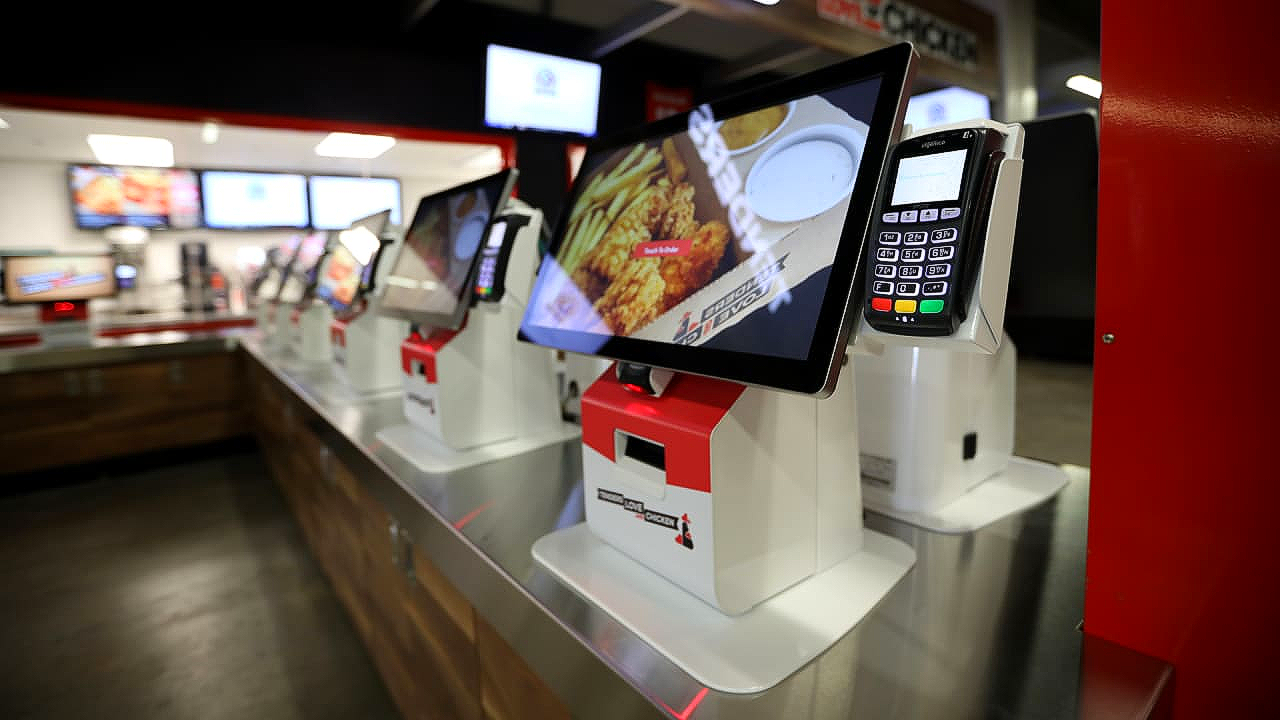
DENVER — The Denver Broncos, in conjunction with Aramark, formally unveiled concessions improvements at Empower Field at Mile High. They released a nice video going thru the various changes. The key changes are to increase speed of service. In the video you can see Aramark highlighting the self-order stations from Appetize (made by Olea Kiosks ). “Empower Field at Mile High is constantly looking for ways to improve the fan experience, and we are confident that with Aramark as our concessionaire we can modernize how fans enjoy food and beverages at our stadium events,” Stadium General Manager, Empower Field at Mile High, Jay Roberts said. “We are also thrilled to debut several newly renovated concession stands on Sunday, which is the first step in a multi-year process to improve speed of service while also adding more variety to the menu.” “We’re excited to expand our partnership with the Broncos and undertake this transformation of Empower Field at Mile High’s dining experience,” Jay Morrison, District Manager, Aramark’s Sports & Entertainment division, said. “We have a long, proud history of serving Denverites and, with our close ties to the community and knowledge of the local food scene, I’m confident we will deliver an innovative, dynamic and engaging food and beverage experience for everyone attending events at the stadium.” Read the full article at Denver Broncos






